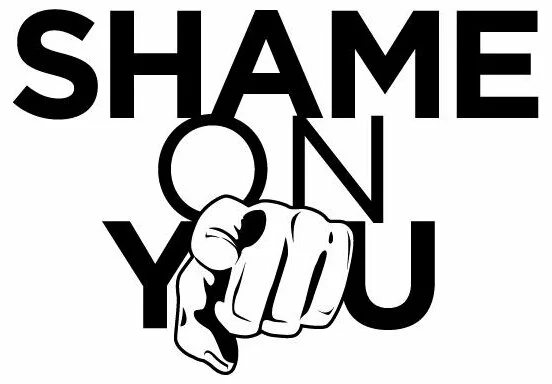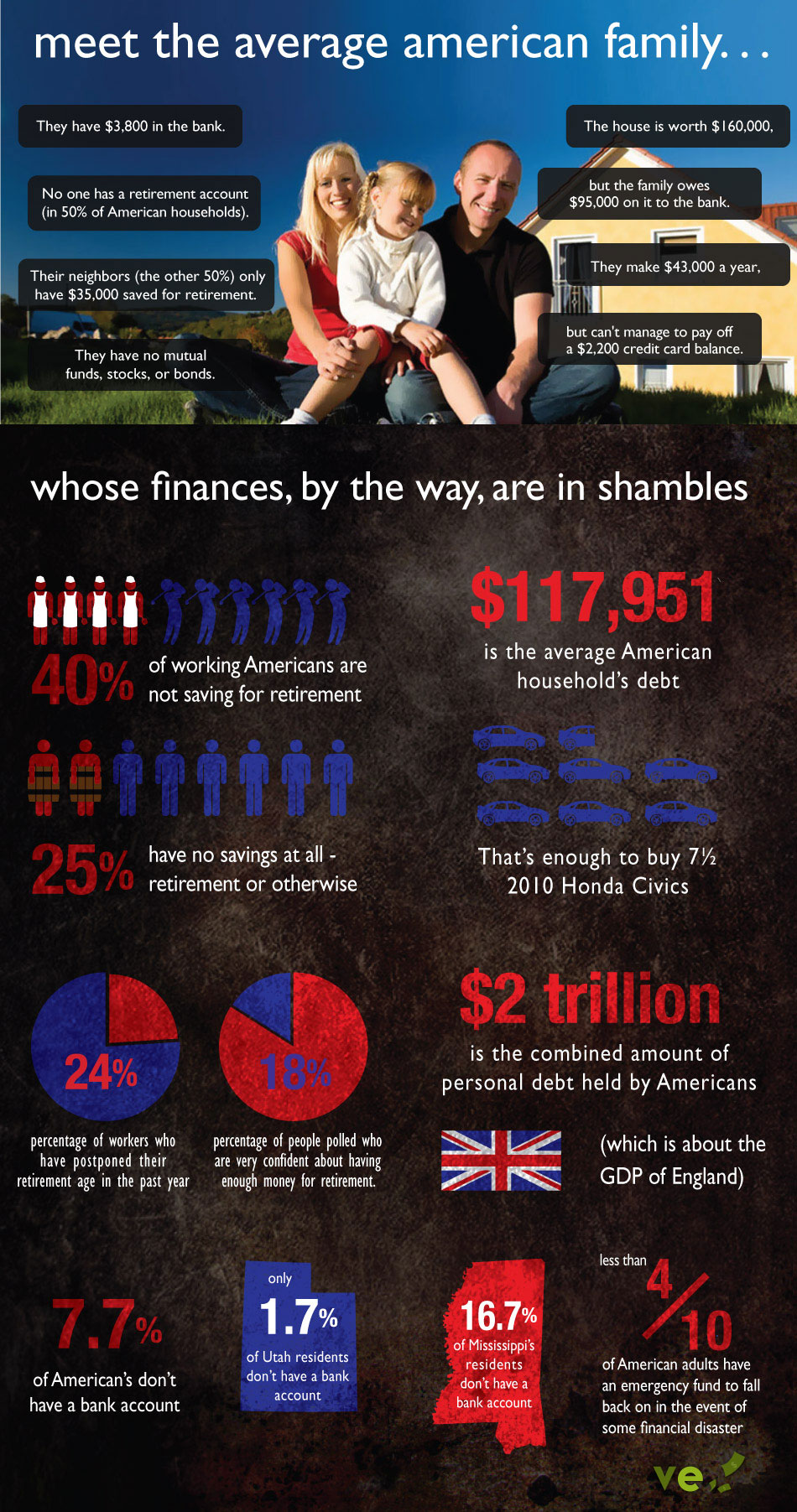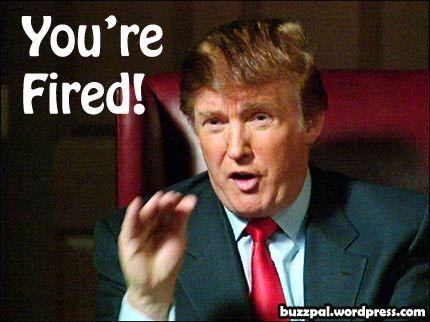Read and be appalled...
Truth about Obamacare:
- A $500 billion cut in Medicare (Source)
- 30 million new patients with no new doctors (Source)
- Health care rationing (Source)
- Require the uninsured to pay $8500 to buy policies (Source)
- Fine them 2.5% of their income if they don't (Source)
- And send them to jail if they don't pay (Source)
- Tax medical devices like pacemakers and automated wheelchairs (Source)
- Force up premiums for all Americans by $2,000 a year (Source)
- Add $500 billion to the federal deficit (by 2024) (Source)
- Raise income taxes 2.5% (Source)
- Raise capital gains taxes 2.5% (Source)
- Cut reimbursement to doctors who order too many tests for patients
- "Death Panels" (Source)
- Doctors and Specialist salaries are capped (Source)
- Pedophiles, Rapists, and Sexual Predators are given FREE Viagra (Source)
- Doctors must get Govt approval before surgery or "expensive" care (Source)
- Obamacare would raise taxes by 50%-60% (Source)
Now that we're all informed about the idiocy that corporatism (government and big business working together) and pork and non-solutions rendered by politicians who are exempt from their own laws, let's move on to a statesman of integrity...Ron Paul. He has proposed a health care bill that is probably less than 20 pages (double spaced), compared to the bible-sized Obamacare 2000+ pages.
Here is his statement of introduction for introducing his version of health care. Notice it does not empower the government but empowers individuals via Campaign for Liberty...
Statement of Congressman Ron PaulUnited States House of RepresentativesMadam Speaker, I rise to introduce the Private Option Health Care Act. This bill places individuals back in control of health care by replacing the recently passed tax-spend-and-regulate health care law with reforms designed to restore a free market health care system.
Statement Introducing the Private Option Health Care Act
May 27, 2010
The major problems with American health care are rooted in government policies that encourage excessive reliance on third-party payers. The excessive reliance on third-party payers removes incentives for individual patients to concern themselves with health care costs. Laws and policies promoting Health Maintenance Organizations (HMOs) resulted from a desperate attempt to control spiraling costs. However, instead of promoting an efficient health care system, HMOs further took control over health care away from patients and physicians. Furthermore, the third-party payer system creates a two-tier health care system where people whose employers can afford to offer "Cadillac" plans have access to top quality health care, while people unable to obtain health insurance from their employers face obstacles in obtaining quality health care.
The Private Option Health Care Act gives control of health care back into the hands of individuals through tax credits and tax deductions, improving Health Savings Accounts and Flexible Savings Accounts. Specifically, the bill:
A. Provides all Americans with a tax credit for 100% of health care expenses. The tax credit is fully refundable against both income and payroll taxes;
B. Allows individuals to roll over unused amounts in cafeteria plans and Flexible Savings Accounts (FSA);
C. Provides a tax credit for premiums for high-deductible insurance policies connected with a Health Savings Accounts (HSAs) and allows seniors to use funds in HSAs to pay for medigap policies;
D. Repeals the 7.5% threshold for the deduction of medical expenses, thus making all medical expenses tax deductible.
This bill also creates a competitive market in heath insurance. It achieves this goal by exercising Congress's authority under the Commerce Clause to allow individuals to purchase health insurance across state lines. The near-monopoly position many health insurers have in many states and the high prices and inefficiencies that result, is a direct result of state laws limiting people's ability to buy health insurance that meets their needs, instead of a health insurance plan that meets what state legislators, special interests, and health insurance lobbyists think they should have. Ending this ban will create a truly competitive marketplace in health insurance and give insurance companies more incentive to offer quality insurance at affordable prices.
The Private Option Health Care Act also provides an effective means of ensuring that people harmed during medical treatment receive fair compensation while reducing the burden of costly malpractice litigation on the health care system. The bill achieves this goal by providing a tax credit for negative outcomes insurance purchased before medical treatment. The insurance will provide compensation for any negative outcomes of the medical treatment. Patients can receive this insurance without having to go through lengthy litigation and without having to give away a large portion of their awards to trial lawyers.
Finally, the Private Option Health Care Act also lowers the prices of prescription drugs by reducing barriers to the importation of Food and Drug Administration (FDA)-approved pharmaceuticals. Under my bill, anyone wishing to import a drug simply submits an application to the FDA, which then must approve the drug unless the FDA finds the drug is either not approved for use in the United States or is adulterated or misbranded. This process will make safe and available imported medicines affordable to millions of Americans. Letting the free market work is the best means of lowering the cost of prescription drugs.
Madam Speaker, the Private Option Health Care Act allows Congress to correct the mistake it made last month by replacing the new health care law with health care measures that give control to health care to individuals, instead of the federal government and politically-influential corporations. I urge my colleagues to support this bill.Freaking elegant!









